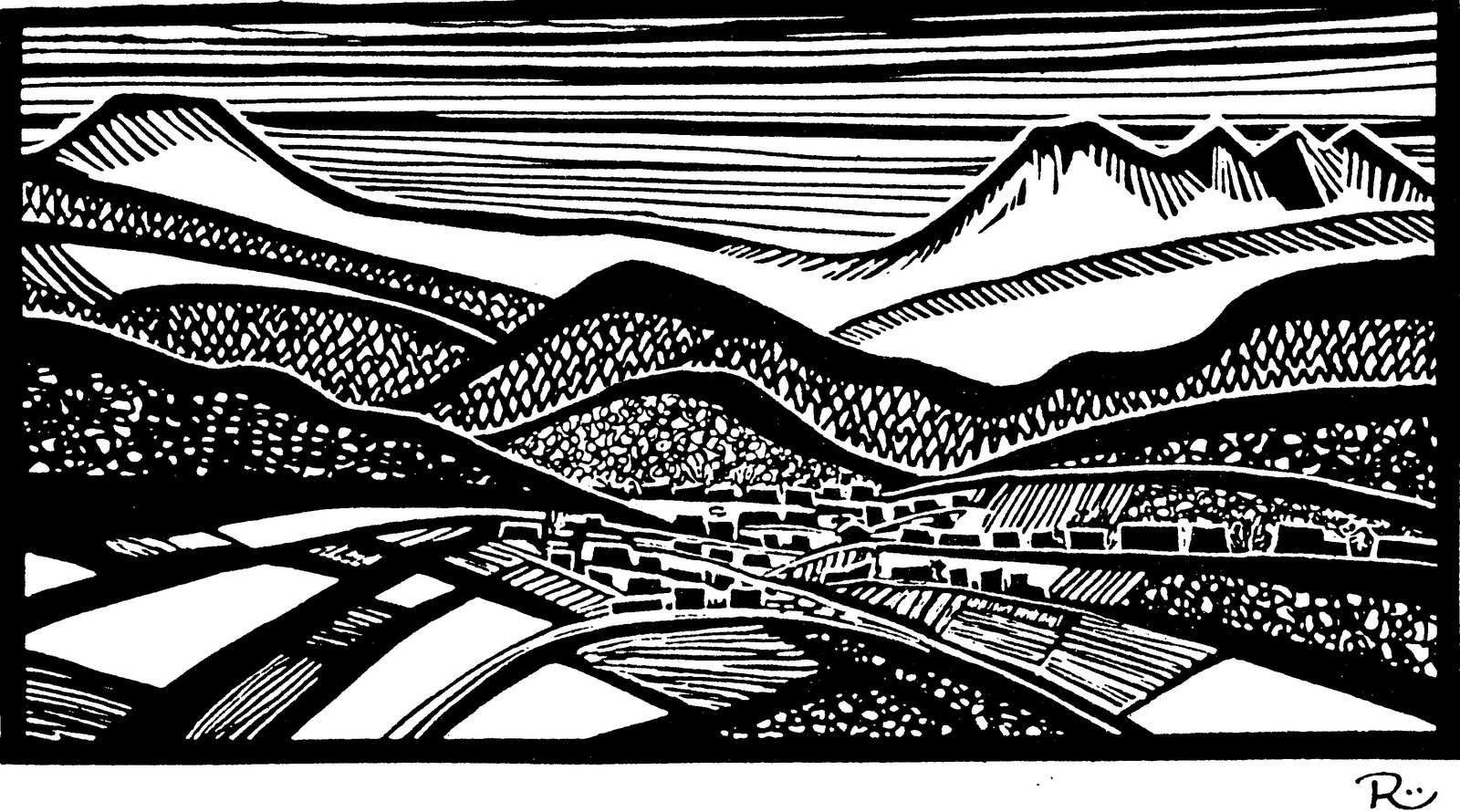Today I’ve started the novel The Hummingbird’s Daughter by Luis Alberto Urrea. I’m thinking of using it for a class I’m planning (planning in a sense of writing a syllabus, rather than actually having been engaged to teach) on the Chicana/o Gothic. At 499 pages, it seems a bit long, but is actually a fast…
La Paranoia de Aztlán
Recently I’ve been researching a contemporary refiguring of Aztlán because of the “Aztlan conspiracy” being put about by paranoid nativists. The Southern Poverty law center writes that the wide propagation of these false theories are led by two hate groups — the California Coalition for Immigration Reform and American Patrol. Though them, Aztlán is being…
It’s My Party
I’m planning a party for myself to celebrate finishing my Ph.D. I decided to do it because my family and friends have been so important to me the past few years and I want to celebrate with them rather than, for example, having a really nice dinner with Paul and my parents. A friend generously…
Tortilla Dreams
I should be working on my philosophy of teaching (yes, I’m applying for jobs), but I had to take a moment and write about tortillas. Corn tortillas especially, though flour ones have their place. One reason I feel so strongly about them is that I’m allergic to yeast. Extremely allergic. Even a slice of bread…
Thinking about Oscar Zeta Acosta
Reading today over at the excellent blog, Lotería Chicana, Cindy has written today about Oscar Zeta Acosta who would have turned 75 this year. It’s a great post on a great blog and inspired me to put down my own thoughts about the Chicano wild child lawyer and writer that was Oscar Zeta. His biography is…
Mixed Daughter
Being my parents’ first child has always been a large part of my identity. I am their mixed daughter; the result of a 1960s high school romance between an eastside Chicano boy and westside Anglo-Catholic girl. I attended Catholic school from first grade until college — Catholicism formed the bulk of my my cultural identity…
Saturday NACCS: Roundtable on Hijas de Cuauhtémoc
[I was tweeting this roundtable on Hijas de Cuauhtémoc but lost wifi so I decided to blog it. These are my notes taken as the discussion was going on and is probably both disjointed and incomplete. Session was recorded for classroom use at CSULB.] Introduction by Maylei Blackwell. (see tweets) Discussion by Anna NietoGomez, Sylvia Castillo,…
Friday Shopping and Lunch at NACCS
This conference feels a bit like a marathon. There’s so much to see and hear, so many people to talk to. Today I miss the first morning session (wasn’t feeling great) but then went to the first plenary (great talks by student scholars) and then got some cash and headed to the book exhibit. I’m…
NACCS Presentation: “for those who dream of roses / swallow thorns”: Aztlán as Cosmopolitical Space
[This is the exact text of my talk. You can download a pdf version of all the slides: NACCS though I haven’t been able to reach Maria Teresa Fernandez to get her permission to repost them to the internet. She did give me permission to use them in my research when I spoke to her…
Thursday Morning at NACCS
I’ve spent the morning giving my talk –which I’m going to post here as soon as I figure out how to put it up– and attending sessions at NACCS. My first response to my first experience attending this conference is WOW — there are a lot of Chicanos and Chicanas here. Everyone is friendly and…
